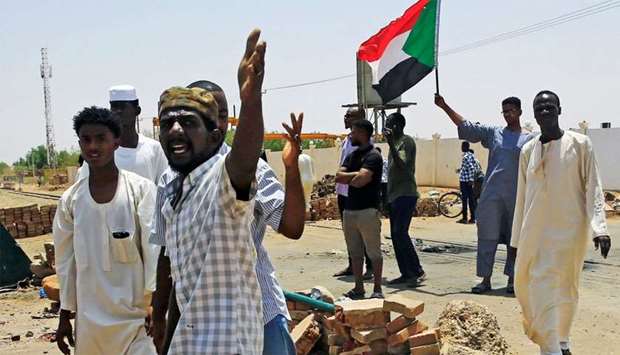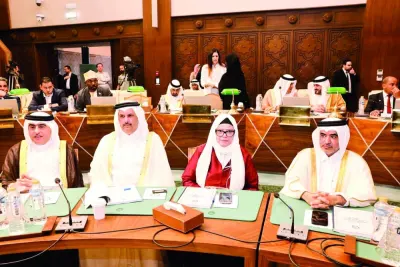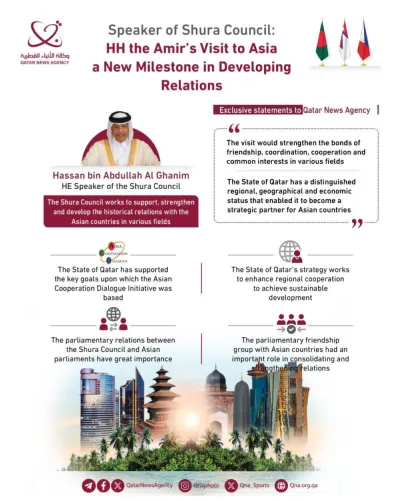Sudanese opposition groups rejected talks with the Transitional Military Council (TMC) on Wednesday, hours after the interim leaders said they were ready to reopen negotiations.
‘We don't see any way back into negotiations with the TMC,’ said Madani Abbas Madani, a spokesman of Forces of Freedom and Change (FFC), an opposition umbrella body.
Earlier on Wednesday, TMC leader Abdel Fattah Burhan said in a televised speech that the military council was ‘ready for negotiations with the other parties without any conditions.’ The TMC decided to make this concession ‘to avoid our homeland slipping into chaos,’ he said, backtracking from Tuesday's announcement that there was no capacity for talks.
The declaration comes after the Central Committee of Sudan Doctors (CCSD) placed the death toll of Monday's violent crackdown on peaceful protesters at 60 and amid mounting international pressure to resolve the crisis.
The death toll had initially been placed at 35, after security forces shot live ammunition at a mass sit-in in front of military headquarters in the capital, Khartoum.
More than 300 people were injured, according to the CCSD, although the exact number of wounded was difficult to establish since the TMC has switched off the internet in many parts of the country.
The developments in Sudan have raised ‘great concern’ in Saudi Arabia, which called for dialogue to resume between the Sudanese parties to end the crisis.
‘The Kingdom affirms the importance of resuming dialogue between the various parties in Sudan to fulfil the aspirations of the brotherly Sudanese people,’ the Saudi government said in a statement carried by the official SPA news agency.
Sudan is a partner to a military coalition led by Saudi Arabia and the United Arab Emirates fighting in Yemen against rebels linked to Iran, a regional rival of Riyadh.
In April, Saudi Arabia and the UAE pledged to jointly offer 3 billion dollars in aid to Sudan, in a move aimed at supporting Sudan's interim military rulers in easing the country's economic woes.
On Tuesday, the TMC had called for general elections within seven to nine months in an attempt to appease protesters, but they had refused this approach, descending once again onto the streets, blocking roads and burning tyres.
The TMC has been in power since long-time ruler Omar al-Bashir was deposed and arrested in a peaceful military coup in April that followed months of anti-government protests.
But protesters say the new military rulers are a continuation of al-Bashir's former regime and have vowed to continue their sit-in, which was completely cleared after Monday's crackdown.
The attack caused an international outcry, drawing strong criticism from the United Nations, European Union, African Union and other observers.



